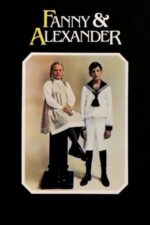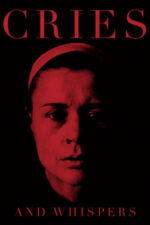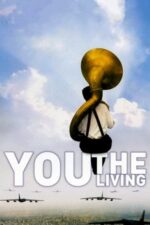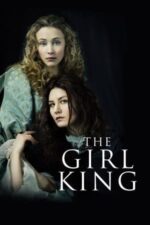Beyond IKEA & ABBA: Exploring Sweden Through Cinema
Okay, let’s talk about Sweden! It's easy to think of it as meatballs, minimalist design, and catchy pop tunes – and hey, those are all great things! But Swedish cinema offers so much more than a cultural stereotype. It's a fascinating window into a nation grappling with history, identity, and the complexities of human connection, often wrapped in a uniquely beautiful aesthetic.
What I love about Swedish films is their willingness to explore difficult subjects with a quiet intensity. Take "Palme," for example. The assassination of Olof Palme wasn’t just a political tragedy; it shook Sweden's sense of itself – its belief in social democracy and peaceful progress. The film doesn't sensationalize the event, but rather examines the profound impact on a nation grappling with loss and questioning its values. It’s a powerful reminder that even seemingly stable societies can be deeply affected by sudden trauma.
Then you have films like "Stockholm Bloodbath," which plunges us into a brutal period of Scandinavian history. The sheer visceralness of depicting such violence – the “Stockholm Bloodbath” itself is truly harrowing – highlights the cyclical nature of power and revenge, themes that resonate even today. It’s not just about historical accuracy; it's about understanding how past conflicts shape present-day identities.
But Sweden isn’t always about weighty political dramas! "Well, We Were Lucky with the Weather" offers a charmingly relatable look at family dynamics on a caravanning holiday. It’s funny, heartwarming, and captures that universal struggle of parents trying to create “perfect” experiences for their kids while simultaneously battling their own frustrations. Reminds me a bit of those chaotic summer road trips my family took when I was growing up – the ones you remember more for the bickering than the scenery!
And speaking of warmth, "Madicken of June Hill" is just pure joy. It’s a beautiful adaptation of Astrid Lindgren's work (she also gave us Pippi Longstocking!), and it perfectly captures the magic of childhood and sisterhood against the backdrop of early 20th-century Sweden. It’s a film that will leave you feeling genuinely good, which is always a welcome thing.
Even "Ghabe," with its focus on a Syrian refugee finding solace in the Swedish wilderness, speaks to something essential about the country's evolving identity and its capacity for empathy. And “Lucky Blue,” with its gentle exploration of friendship and overcoming personal barriers, showcases a quieter, more intimate side of Swedish storytelling.
Ultimately, exploring Sweden through film is like peeling back layers – you discover a nation that’s both deeply rooted in history and constantly looking towards the future. It's a place where beauty and darkness coexist, and where even the simplest stories can reveal profound truths about what it means to be human. So, next time you’re looking for something beyond the usual Hollywood fare, give Swedish cinema a try – you might just surprise yourself with what you find.






































